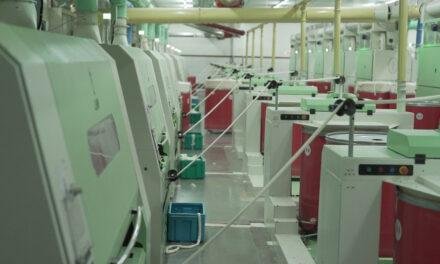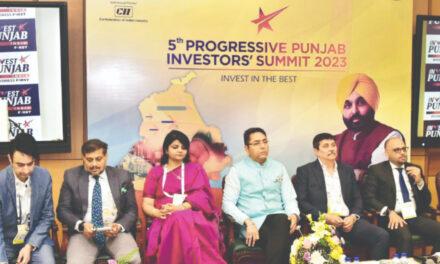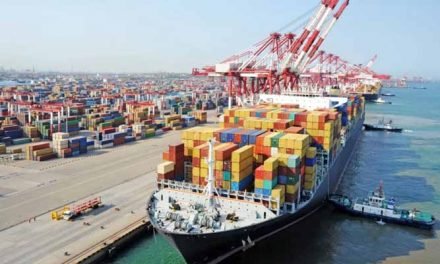 Garment manufacturers and exporters in the city recently welcomed the new textile policy, approved by the Haryana cabinet recently, and said more government support in terms of easy finance, research and development, and availability of new technology will help the sector, and consequently boost the state economy. They said there is also a need to have a specific export-oriented component in the policy to help garment makers.
Garment manufacturers and exporters in the city recently welcomed the new textile policy, approved by the Haryana cabinet recently, and said more government support in terms of easy finance, research and development, and availability of new technology will help the sector, and consequently boost the state economy. They said there is also a need to have a specific export-oriented component in the policy to help garment makers.
Gurugram has more than 1,500 small and large units manufacturing and exporting garments, with a turnover of more than Rs. 20,000 cr, as per industry watchers. It also employs more than 200,000 workers and is a major job creator in the city.
The Haryana Aatma Nirbhar Textile Policy 2022-25, announced by the State Government recently, plans to focus on man-made fibres and ensure more investments in weaving and knitting. The estimated budget for the policy is Rs.1,500 cr with capping for capital incentive cases. A government spokesperson said the policy aims to attract investments worth Rs.4,000 cr and generate 200,000 jobs in the state.
The policy aims to provide an impetus for diversification of Haryana’s textile industry to the B, C and D category blocks, which are industrially backward. It will also focus on the promotion of technical textiles and support the setting up of textile parks in the state, the government said.
HKL Maggu, Managing Director, Jyoti Apparels, who has extensively worked with industry bodies in the textile industry, said while increasing investment and research is welcome, more steps are needed to provide financial incentives and subsidy to the manufacturers in the short and long run.
“The government must focus on financial incentives such as increasing duty drawback, increasing interest subvention. There should be more focus on natural fibres as the garment industry in north India is more cotton centric,” he said.
The garment exporters also wanted the textile policy to focus on training local workers, skill improvement and providing subsidised housing to workers near industrial areas such as Manesar and across the state. They also said with Haryana among the top cotton producers in the country, the textile policy must put equal focus on taking advantage of this raw material.
Manmohan Gaind, Vice-President, Manesar Industries Welfare Association, and a garment exporter, said new textile policy should also focus on attracting labour and providing them affordable accommodation so that workers are motivated to come and work in the state. “Skill centres must be opened to teach stitching and related trades to local people,” he said.
Industry players also said that subsidy on yarn and tax exemptions on samples made by them will help the garment exporters.
Sudhir Sikri, Vice-President, Apparel Export Promotion Council, and a garment exporter, also said policies need to change the mindset of local populace and provide them adequate training and skills. “The workers in the state come from outside mostly. There is need to focus on developing local workforce apart from providing other incentives to the industry,” he said.





















